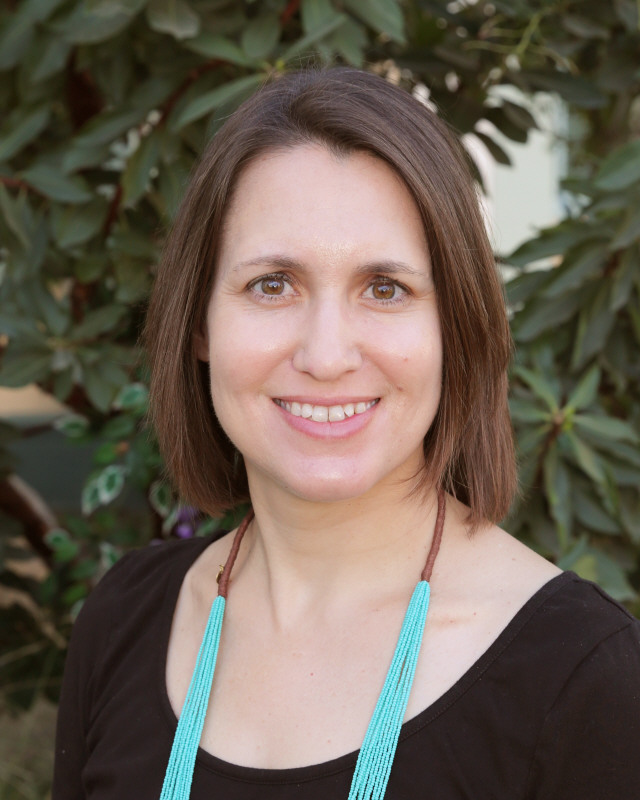 This week’s Head’s Corner blog is written by Amy Philpott, Librarian and Research Specialist
This week’s Head’s Corner blog is written by Amy Philpott, Librarian and Research Specialist
A report issued this past November from the Stanford History Education Group found that middle and high school students from across the country have a poor ability to understand and evaluate what they read online. They had trouble distinguishing ads from true news articles, failed to question beliefs presented as facts, and neglected to notice when a claim came from a dubious source. For some, this news came as a shock. Shouldn’t these enthusiastic, young tech consumers – these so-called digital natives – be savvier? In truth, their findings should come as no surprise when we consider the challenges facing youths trying to make sense of their world through the wealth of information available to them in this digital age.
It was not long ago that students primarily read from books issued from just a few publishers and periodicals targeted for young people. Teachers, librarians, editors, publishers, and parents were collectively responsible for vetting sources for children. This meant that their reading materials weren’t particularly diverse, but a sense of the world could be provided in a tidy package. Children primarily needed to learn how to read, extract information, and synthesize it.
Today, our children have a massive amount of information available to them. This is undoubtedly a positive development. It means children are exposed to a richer variety of viewpoints, voices, and formats for content. There are fewer gatekeepers of information and far more ways access it. We all have relatively easy access to experts and can fact-check nearly any claim.
In theory, this allows a child to grow up incredibly well-informed and aware of perspectives beyond his/her community. But in order to tease out facts and find a cohesive narrative amid the cacophony of voices online, readers must be able to sift through mounds of information, locate relevant sources, determine the author of such sources, evaluate the credibility of the author, consider whether the source aims to inform, persuade, etc.—all while there are internet sources actively trying to mislead readers as to their intent. What’s an educator to do?
At Turning Point, we begin how we always have: by first considering the developmental stage of the child. Reading has always been central to Turning Point’s program. Now more than ever, we recognize that from an early age it is imperative that we not only teach students to read—we must teach students to take a critical approach to what they read. Our project-based approach to learning provides a natural foundation for this vital skill.
Through project-based learning, children ask questions and discover answers independently. Our youngest children are led to credible online databases, such as Britannica School and CultureGrams. From their earliest introduction to web-based sources, they are encouraged to note who wrote the information, just as they would note the author of a book. Beginning in Level 3, students compare the publication process for books and websites; they learn that not all web-based sources are the same, as they concretely identify differences between websites and online databases. Lessons such as these invite students to consider the editorial process and set them up to advance their critical approach as development allows. By middle school, students are equipped to engage in more sophisticated conversations about detecting bias online and investigating a claim.
Our children are inheriting a world rich with opportunities to seek knowledge and better understand our diverse and complex world. Together we can ensure that our students feel confident as they take their place as global citizens.

Resources for Parents
- Common Sense Media, “News and Media Literacy”
- American Library Association, “Great Websites for Kids”
- Turning Point Library
- Lori Getz
We hope you can join us this Wednesday, April 19, for our last Speaker Series installment. Cyber Education expert, Lori Getz, will discuss how parents can have productive, effective conversations with tech-savvy children about the safe, responsible, and ethical use of technology.
Amy Philpott
Library and Research Specialist
Turning Point School


































